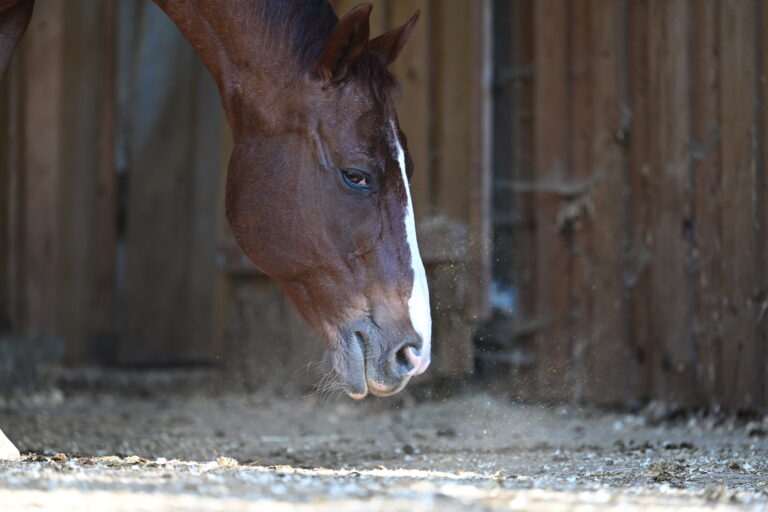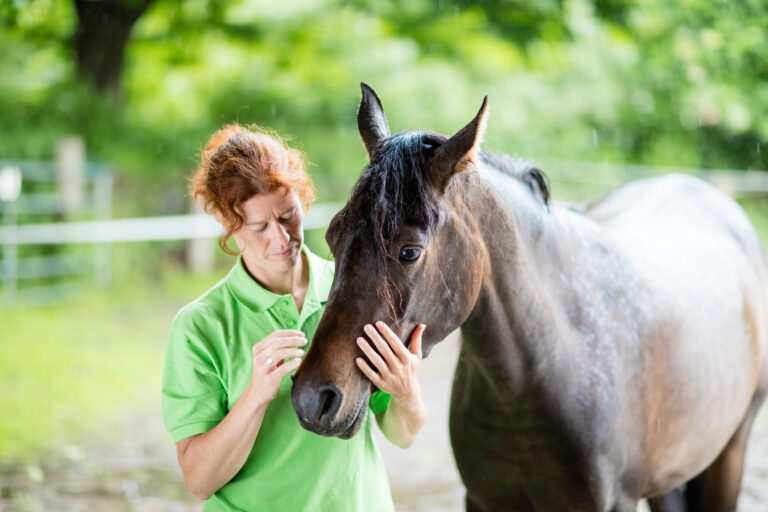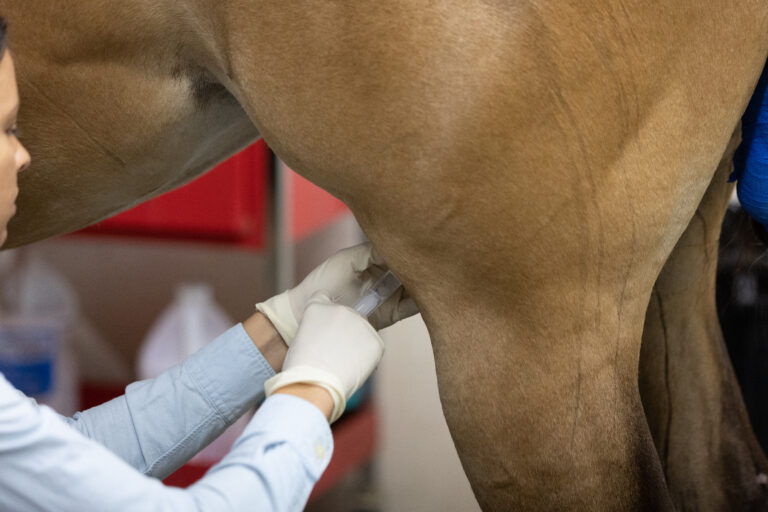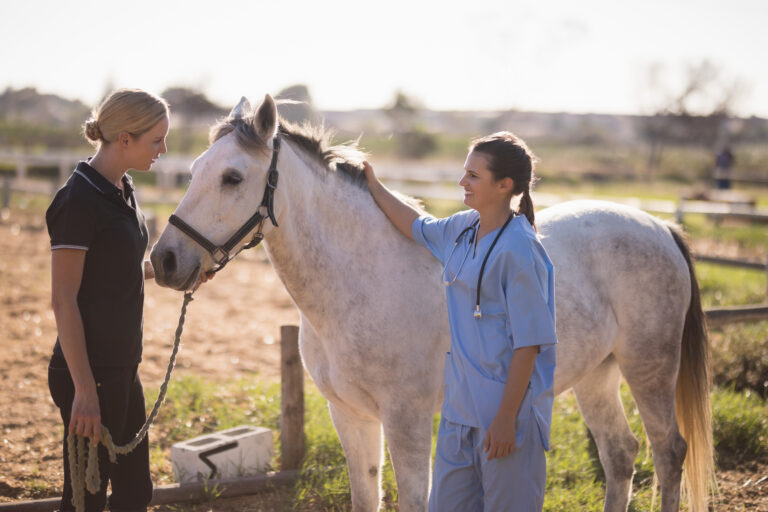
Five more horses in New Jersey have been diagnosed with Eastern equine encephalitis (EEE) during the last two weeks, bringing the total of 10 animals in New Jersey contracting the virus in 2019.
The latest cases are an 18-year-old gelding in Morris County, a 4-month-old gelding in Salem County, a 4-year-old gelding and a gelding of unknown age in Ocean County, and a 1-year-old filly in Atlantic County.
Each of these horses was not vaccinated for Eastern equine encephalitis and had to be euthanized.
The 10 cases in New Jersey include nine horses and one alpaca.
“As more cases of Eastern equine encephalitis are reported, we strongly encourage horse owners to check their records to verify that their animals are protected from this disease, or to know if vaccination is needed,” New Jersey Department of Agriculture Secretary Douglas Fisher said. “Animals that have been vaccinated are much less likely to contract deadly diseases such as Eastern Equine Encephalitis. It is the most effective strategy and equine vaccines are available commercially.”
EEE has been known to affect both horses and camelids, such as alpacas. EEE causes inflammation of the brain tissue and has a significantly higher risk of death in horses and camelids than West Nile virus infection.
West Nile virus is a viral disease that affects horses’ and camelids’ neurological system. The disease is transmitted by a mosquito bite. The virus cycles between birds and mosquitoes with horses, camelids and humans being incidental hosts.
EEE infections in horses and alpacas are not a significant risk factor for human infection because horses and camelids (like humans) are considered “dead-end” hosts for the virus.
Horse and alpaca owners should contact their veterinarians if their animals are not already up-to-date on their vaccinations against both EEE and WNV.
For more information about EEE, visit the New Jersey Department of Agriculture web site.
EEE and West Nile virus, like other viral diseases affecting horses’ neurological system, must be reported to the state veterinarian at 609-671-6400 within 48 hours of diagnosis. The New Jersey Animal Health Diagnostic Laboratory is available to assist with EEE and WNV testing and can be reached at 609-406-6999 or via email at jerseyvetlab@ag.state.nj.us.




